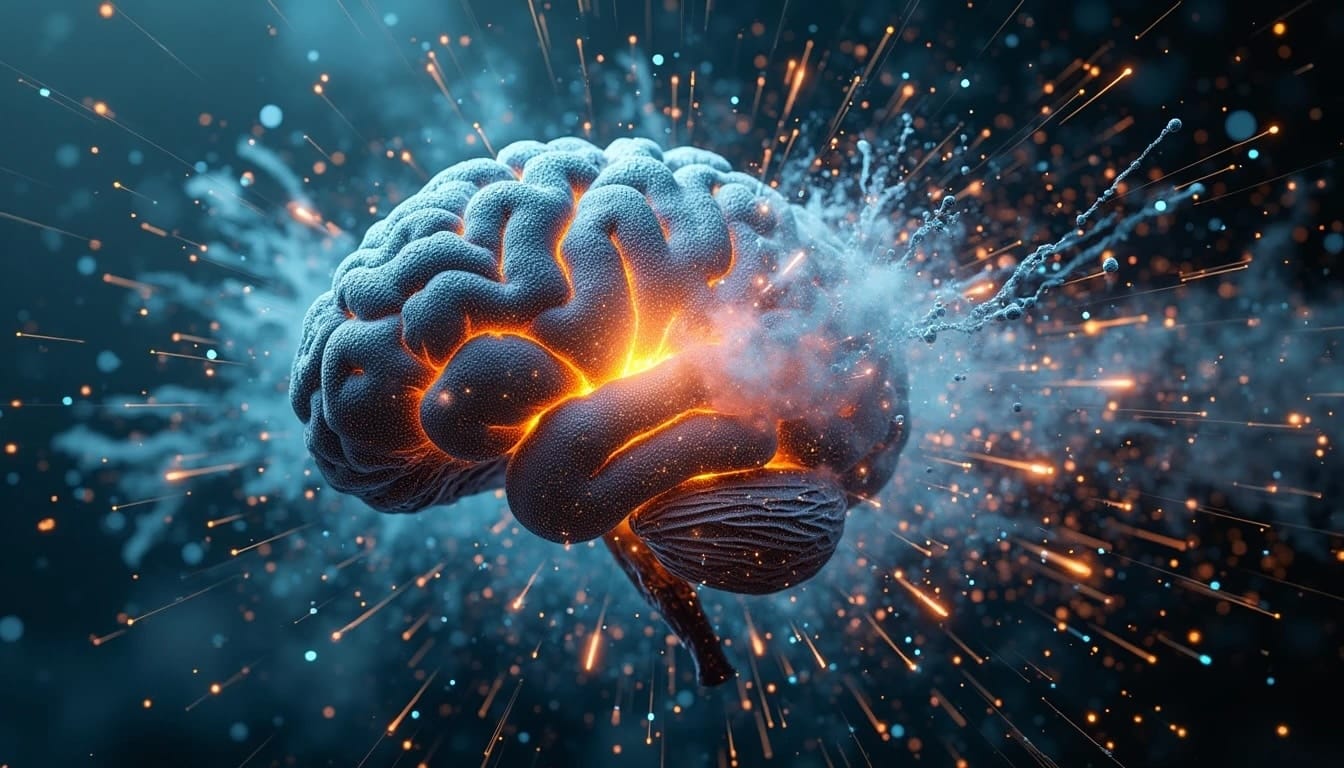In recent years, artificial intelligence (AI) has been the star in the technological world, promising to revolutionize everything from healthcare to automotive. However, as the industry progresses, questions arise about whether the exuberance of AI may be exceeding expectations and if a technological bubble is about to burst.
The rise of Artificial Intelligence
Generative AI, in particular, has captured unprecedented attention. Since models like GPT-4 and DALL-E 3 have demonstrated their ability to generate convincing text and graphics, investment and interest in this technology have skyrocketed. Companies in all sectors are integrating AI into their operations to improve efficiency, personalize services, and explore new business opportunities.
However, the rapid adoption of AI has been accompanied by an increase in speculation and unrealistic expectations. AI startups have raised billions of dollars in funding rounds, and many are pushing to launch products in a market still in development.
Warning signs
The promise of AI has led to a series of signals that could indicate the onset of a technological bubble. These include:
Inflated Valuations: Many AI startups are reaching extremely high valuations, sometimes without a solid revenue or user base. These valuations reflect rampant speculation rather than real economic growth.
Exaggerated Promises: Expectations surrounding what AI can achieve often exceed the current capabilities of the technology. Some claims about AI, such as complete automation of complex processes, are still far from achievable with current technology.
Integration Issues: Despite high expectations, many companies have encountered difficulties in effectively integrating AI solutions into their operations. Technical challenges and a lack of specialized talent are limiting the widespread deployment of these technologies.
Ethical and Regulatory Concerns: Growing concerns about the ethics and regulation of AI could also negatively impact the market. Issues related to privacy, bias, and transparency are leading to increasing pressure to establish standards and regulations, which could affect innovation and investment in the sector.
Potential impact on the market
While speculation and exaggerated expectations are common in cycles of technological innovation, the effects of a possible Artificial Intelligence bubble could be significant. A market correction could lead to a slowdown in investment and the closure of many startups in the AI space. This could also hamper the adoption of the technology and limit progress in promising areas such as personalized health and industrial automation.
Co-founder of Stackscale (Aire Group), David Carrero, comments that the demand for infrastructure with GPUs is growing and will be especially important in the Private Cloud environment offered by companies like Stackscale.
Future perspectives
Despite these challenges, many experts believe that AI still has transformative long-term potential. The key will be the maturation of the market and the consolidation of technologies that truly offer value and practical solutions. Companies and investors will need to adopt a more cautious approach, focusing on viability and tangible results rather than exaggerated promises.
Ultimately, the AI industry may undergo a restructuring that eliminates inflated expectations and makes room for sustainable and responsible development. The true measure of AI success will not only be in its ability to attract investments but in its ability to improve people’s lives and effectively solve real problems.
As AI continues to evolve, it will be essential to strike a balance between innovation and reality, to ensure that the sector can progress in a solid and beneficial manner for everyone.

